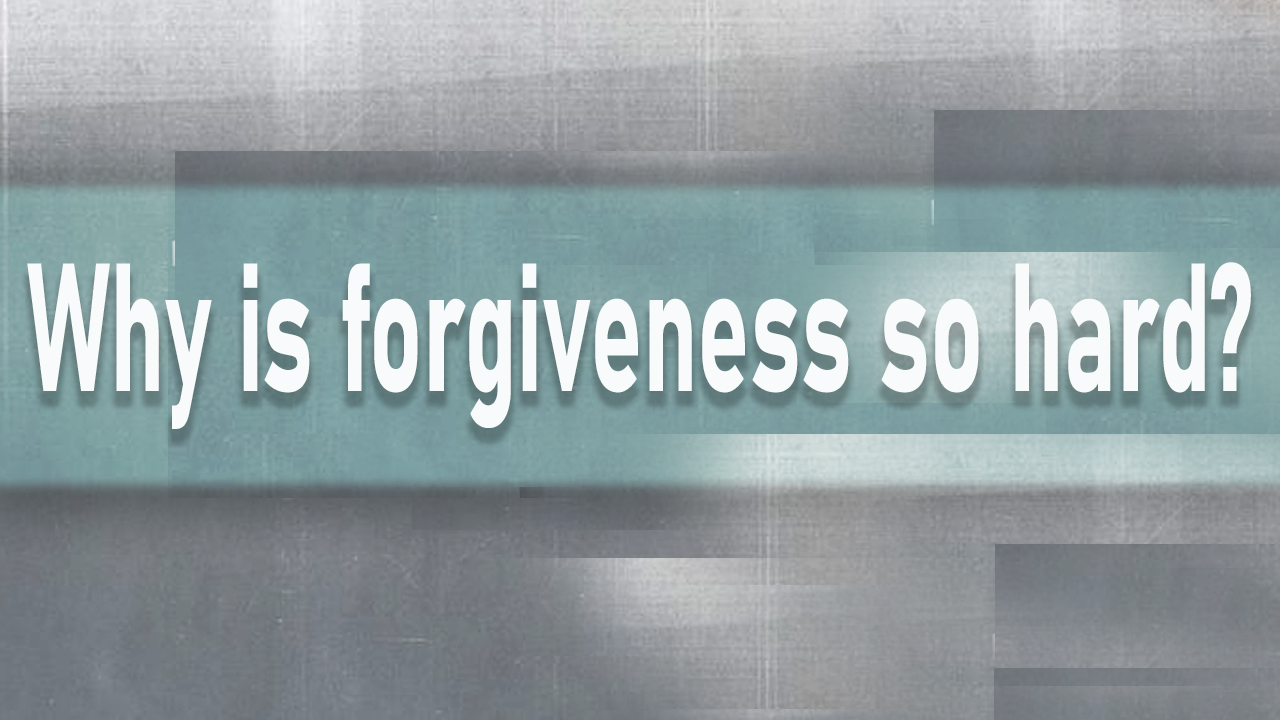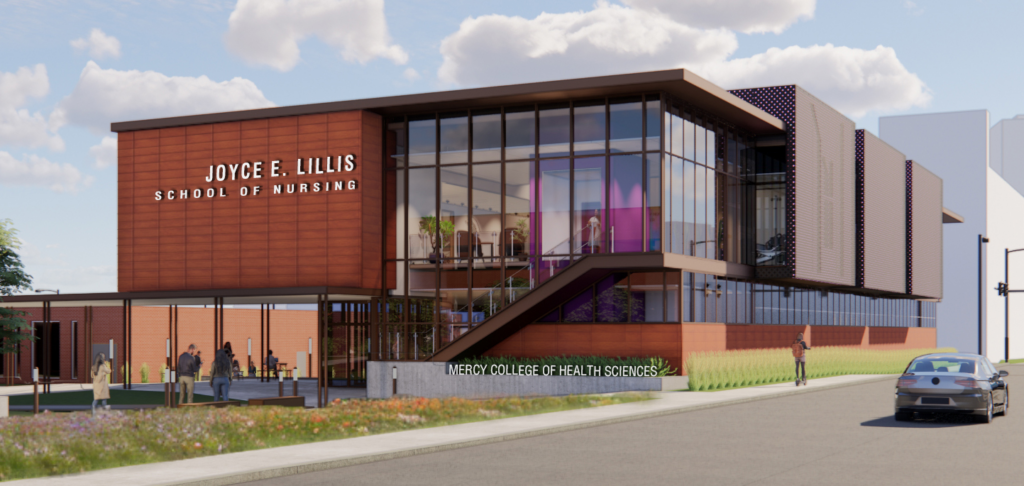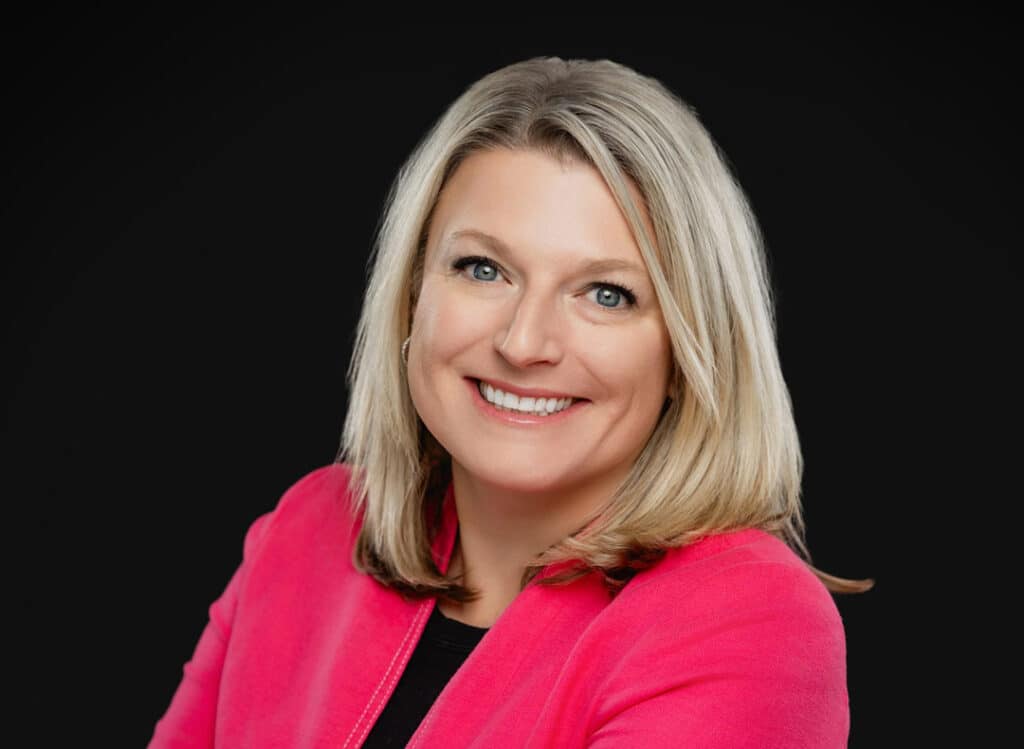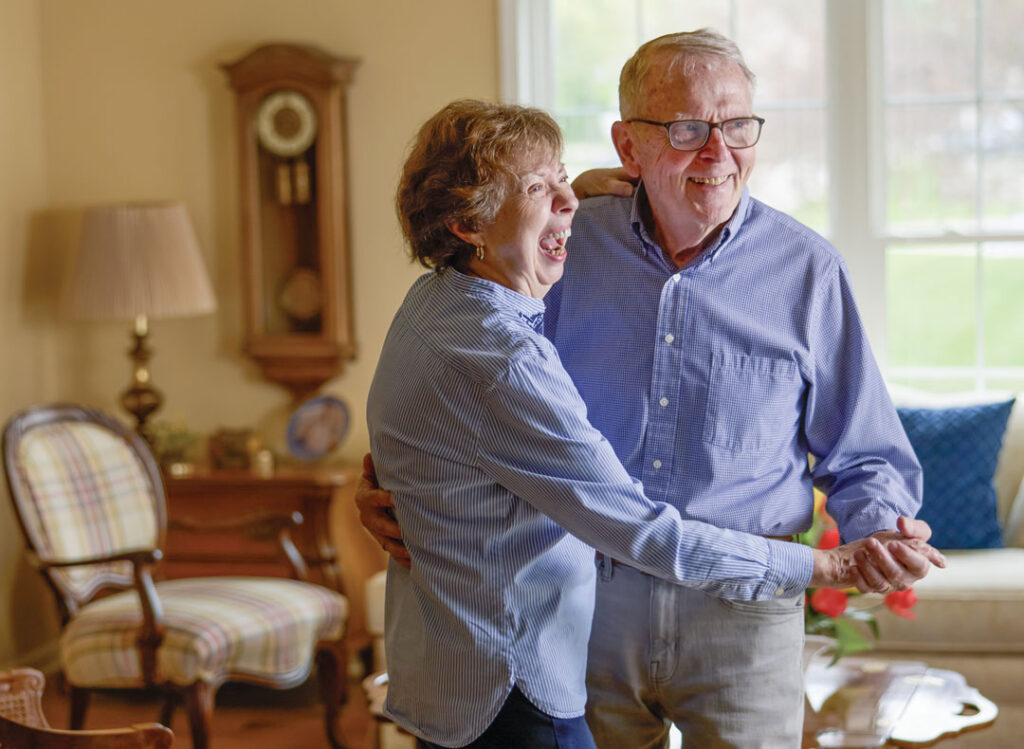Why is forgiveness so hard?

Business Record Staff May 18, 2022 | 4:39 pm
2 min read time
539 wordsBusiness Insights Blog, Training & DevelopmentBY ROWENA CROSBIE, president, Tero International
Can you finish this sentence? To err is human, to …
Did you say, to forgive is divine?
“To err is human, to forgive is divine” is an old proverb from Alexander Pope’s “Essay on Criticism.” It is a reminder that people are not perfect and that it is human nature to make mistakes. It also suggests that forgiving someone is an action that is godlike.
The saying dates back to 1711. Interestingly, intensive research on forgiveness dates back only a couple of decades. What has the research revealed?
The physical and psychological health benefits of forgiveness are well documented. Numerous studies have found that the act of forgiving lowers blood pressure, improves sleep, decreases pain and reduces levels of anxiety, depression and stress.
There are also learning benefits to forgiveness. Most of us advocate the wisdom of learning from mistakes. Yet few of us are comfortable admitting mistakes or forgiving others for missteps that could become learning opportunities. Instead, we quickly jump from mistakes to blame and allow negative emotions like anger and frustration to guide our behaviors.
Tolerance and forgiveness are essential if we believe in learning from mistakes and growing from failures.
Why is forgiveness so hard?
We worry that forgiveness means we are sanctioning the bad act. We are concerned that forgiving someone may communicate that we’re OK with what they did. That’s because it is natural for us to see the wrongdoer as the action itself. It is natural to see the offender as offensive.
Forgiveness challenges us to separate the person from their actions. When we forgive, it is the person and not the action who is forgiven. Forgiveness does not forget. Forgiveness does not excuse a wrong action. Forgiveness does not give up the need for justice.
Who is the toughest person for you to forgive? Those who have caused us great harm are high on the list. For many of us, self-forgiveness is often neglected.
When we make the error of thinking we are our mistakes, it is easy to see why we don’t like to admit them, why we get defensive when someone points them out and why we fix blame on other people or circumstances to explain failure.
When we accept that we do make mistakes and choose to learn from them, we can forgive ourselves, analyze our errors, open ourselves to new ways of operating and do better the next time.
There are consequences to not forgiving. We allow divisiveness and anger to fester. Forgiveness gives us a way to extinguish the power of unproductive emotions. When you forgive, you allow resentment, hurt and anger to be replaced by empathy, healing and compassion. It is easy and expedient to advocate canceling someone for their bad behavior. It is much harder to find forgiveness, champion learning and promote positive change. It is also worth it.
How can you start practicing forgiveness? Consider these timeless words from Maya Angelou: “Forgive yourself for not knowing what you didn’t know before you learned it.” That will allow you to live Angelou’s other sage advice: “Do the best you can until you know better. Then when you know better, do better.”
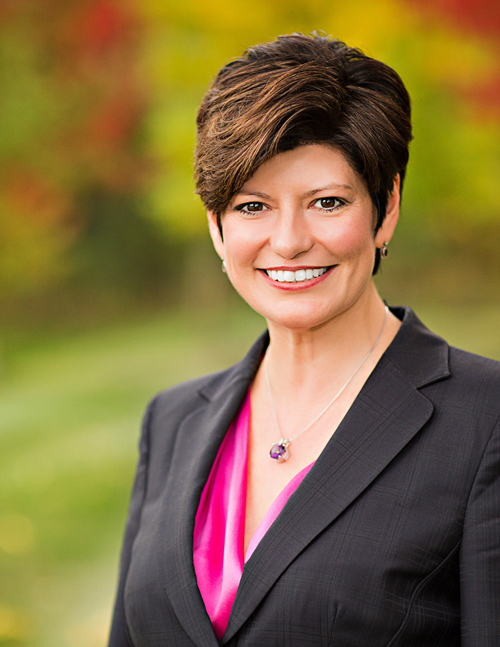 | Rowena Crosbie View Bio |

